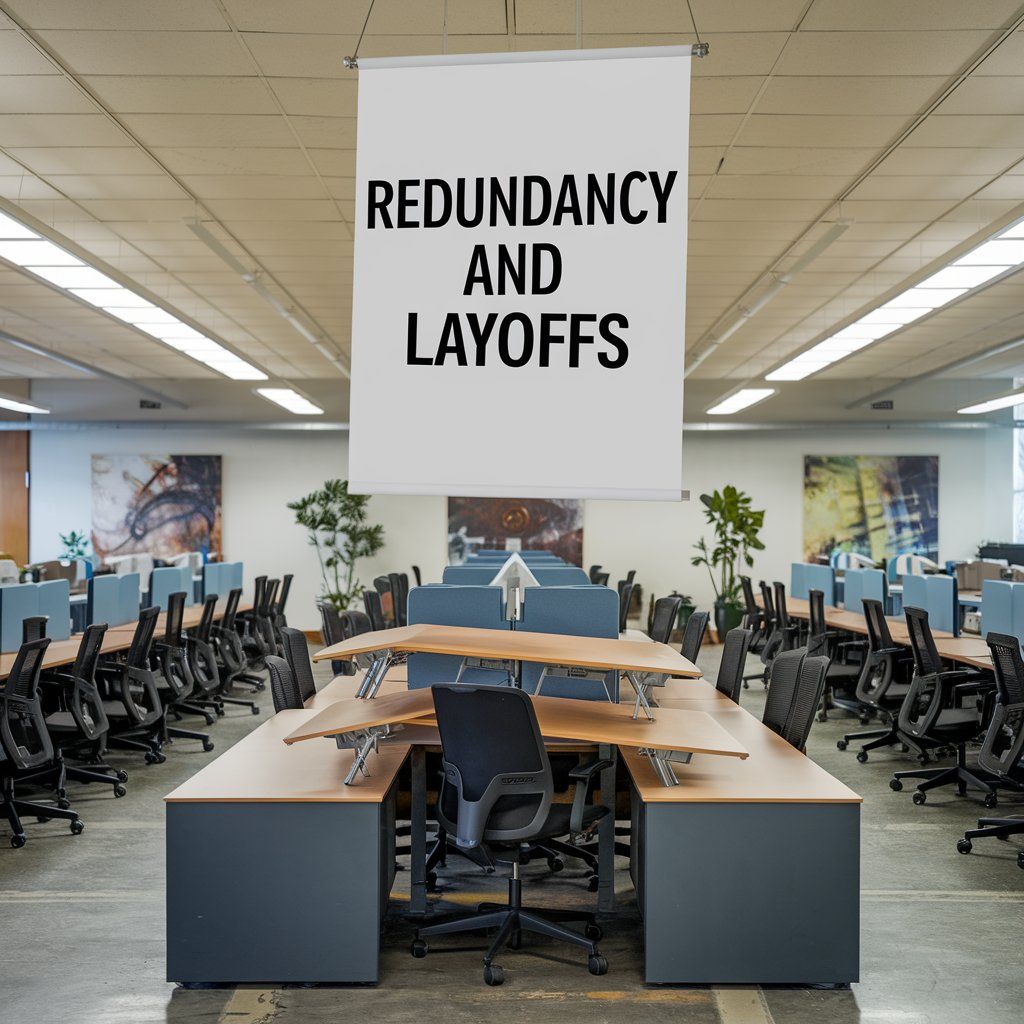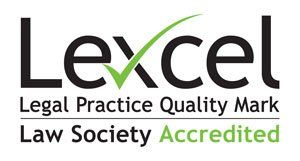The Stages of Contentious Probate: A Step-by-Step Guide
June 19, 2024
Contentious probate, involving disputes over the administration of a deceased person’s estate, can be a challenging process. At Pinkney Grunwells Lawyers LLP, we understand the emotional and legal complexities involved. Here, we outline the key stages of contentious probate to help you navigate this journey with greater clarity and confidence.
1. Initial Concerns and Pre-Action Stage
- Recognising a Problem: The first stage begins when a potential issue is identified. This might involve concerns about the validity of the will, the actions of the executors, or disputes over the distribution of assets.
- Seeking Legal Advice: Early legal advice is crucial. Our experienced solicitors at Pinkney Grunwells Lawyers LLP can assess your situation, explain your options, and outline potential outcomes.
- Pre-Action Protocol: Before formal proceedings, parties are encouraged to follow the pre-action protocol, which involves attempting to resolve the dispute without going to court. This might include exchanging information and documents, and entering into correspondence to clarify issues.
2. Investigating the Claim
- Gathering Evidence: Collect relevant documents, such as the will, medical records, and any correspondence that may support your claim. Witness statements and expert opinions may also be necessary.
- Valuing the Estate: Understanding the value of the estate can be crucial for resolving disputes, especially in cases involving claims for financial provision.
- Mediation and Negotiation: Many disputes can be resolved through mediation, where an impartial mediator helps parties reach a mutually acceptable agreement. This process is often quicker and less costly than going to court.
3. Issuing a Claim
- Filing a Claim: If mediation fails, the next step is to issue a claim in court. This involves submitting formal legal documents outlining your case and the relief sought.
- Responding to a Claim: The defendants (usually the executors or other beneficiaries) must respond to the claim, setting out their position and any defences they wish to raise.
- Case Management Conference: The court will usually schedule a case management conference to set a timetable for the case, including deadlines for evidence submission and dates for hearings.
4. Disclosure and Exchange of Evidence
- Disclosure: Both parties are required to disclose all relevant documents to each other. This ensures that the case is decided based on all the available evidence and that each party is aware of the evidence the other holds.
- Expert Reports: In some cases, expert evidence may be required. For example, medical experts might be needed to testify about the deceased’s mental capacity at the time the will was made.
- Witness Statements: Both parties will prepare witness statements, detailing the facts of the case from their perspective.
5. Trial Preparation
- Reviewing Evidence: Both parties review the disclosed evidence and prepare their cases for trial.
- Pre-Trial Review: The court may hold a pre-trial review to ensure that both parties are ready for trial and to resolve any outstanding procedural issues.
- Settlement Offers: Even at this late stage, parties may attempt to settle the dispute out of court to avoid the uncertainties and costs of a trial.
6. Trial
- Presenting the Case: At trial, both parties present their cases to the judge, including witness testimony and cross-examination.
- Judgement: The judge will deliver a judgement based on the evidence presented. This judgement may involve validating or invalidating the will, removing executors, or redistributing assets.
7. Post-Trial
- Implementing the Judgment: The parties must comply with the court’s decision. This might involve redistributing assets or appointing new executors.
- Appeals: If a party is dissatisfied with the judgement, they may seek permission to appeal. Appeals are typically based on errors in law or procedure, rather than re-evaluating factual evidence.
Conclusion
Navigating contentious probate can be a daunting process, but understanding the stages involved can provide clarity and direction. At Pinkney Grunwells Lawyers LLP, we are dedicated to guiding you through each step with expert legal advice and compassionate support. If you are facing a contentious probate issue we are here to help.
Contact Us

Facing redundancy or layoffs can be a challenging and emotional experience. Whether you are an employee who has been informed of impending job loss or a manager tasked with making difficult decisions, understanding your rights and the processes involved is crucial. This guide will help you navigate redundancy and layoffs, ensuring you are informed and prepared for the journey ahead.

Purchasing a second home can be a fantastic investment, whether you’re looking for a holiday retreat, a buy-to-let property, or a place to retire. However, buying a second home comes with its own set of legal and financial considerations. Before you jump into the process, it’s important to understand the legalities involved to ensure a smooth transaction and avoid unexpected costs or complications. In this blog, we’ll walk you through the key legal aspects of buying a second home in the UK, from additional taxes to legal obligations.

Divorce and separation can be emotionally draining and time-consuming. Traditional methods of resolution, such as court proceedings, often lead to prolonged conflicts and increased costs. However, mediation offers a more efficient and cost-effective alternative. Mediation can help separated couples manage arrangements concerning their children and address financial issues arising from separation. Additionally, there is legal aid available (if eligible), along with a £500 voucher to assist with the mediation process where child arrangements are discussed. In this blog, we’ll explore how mediation can save you time and money, making the process smoother for everyone involved.

